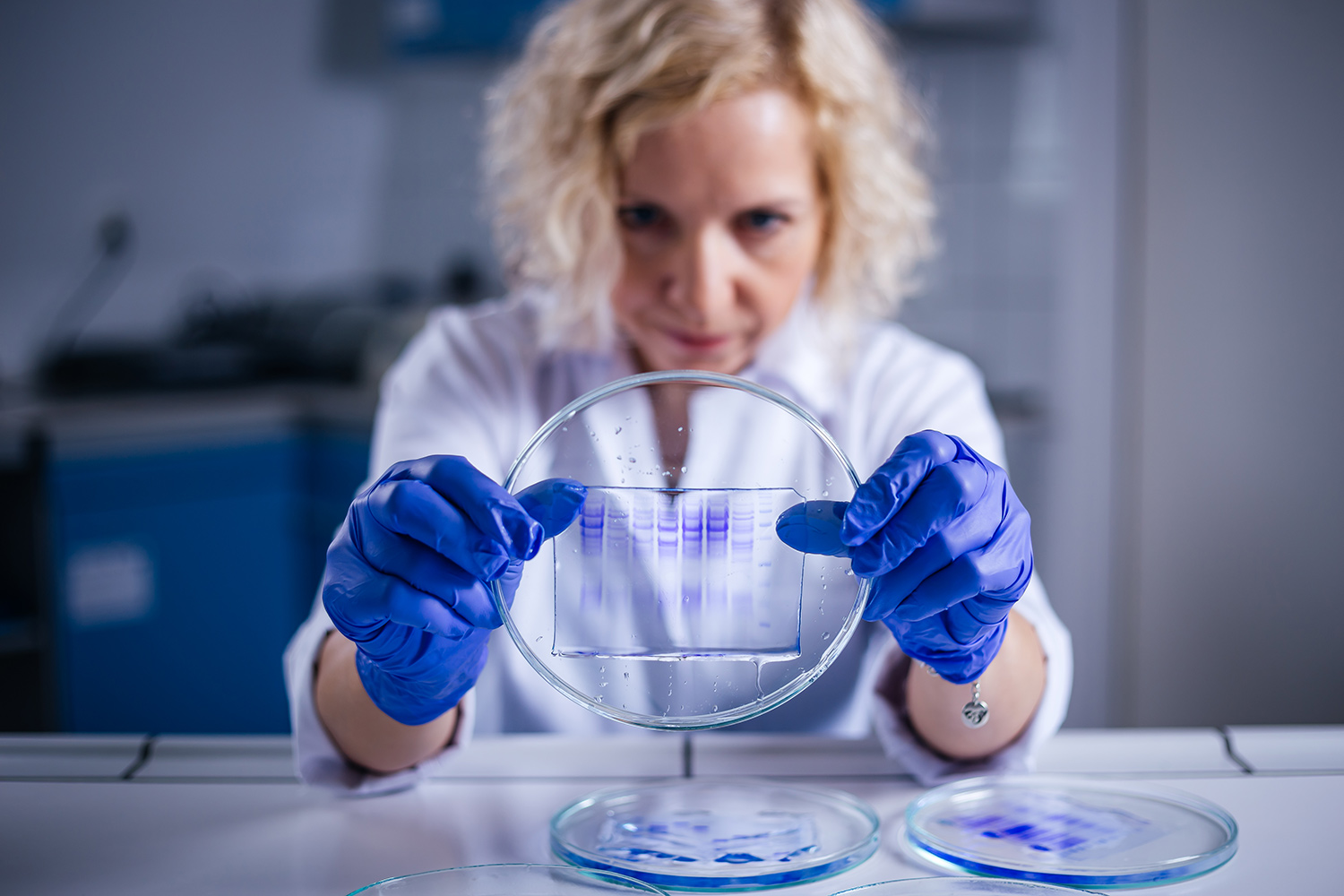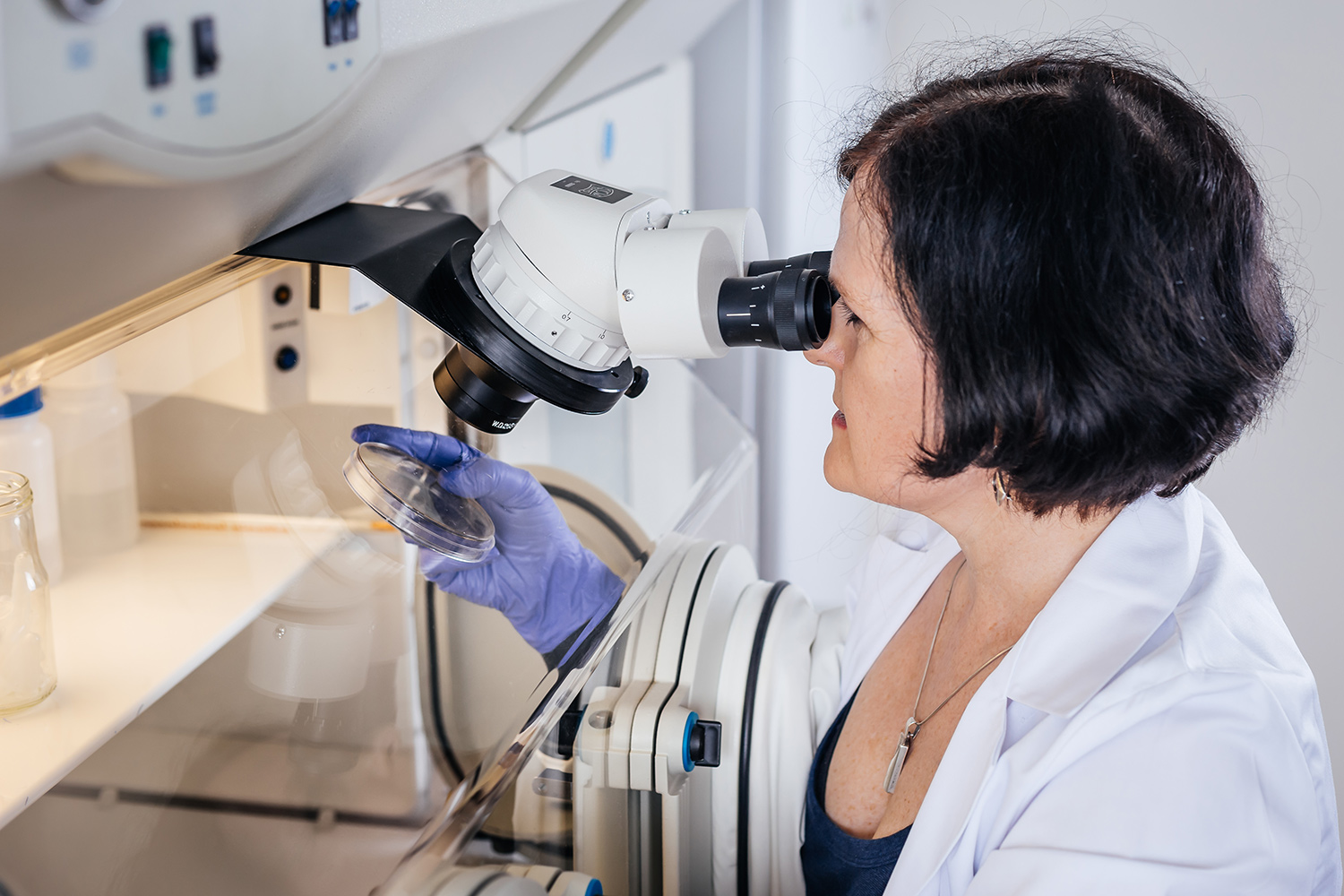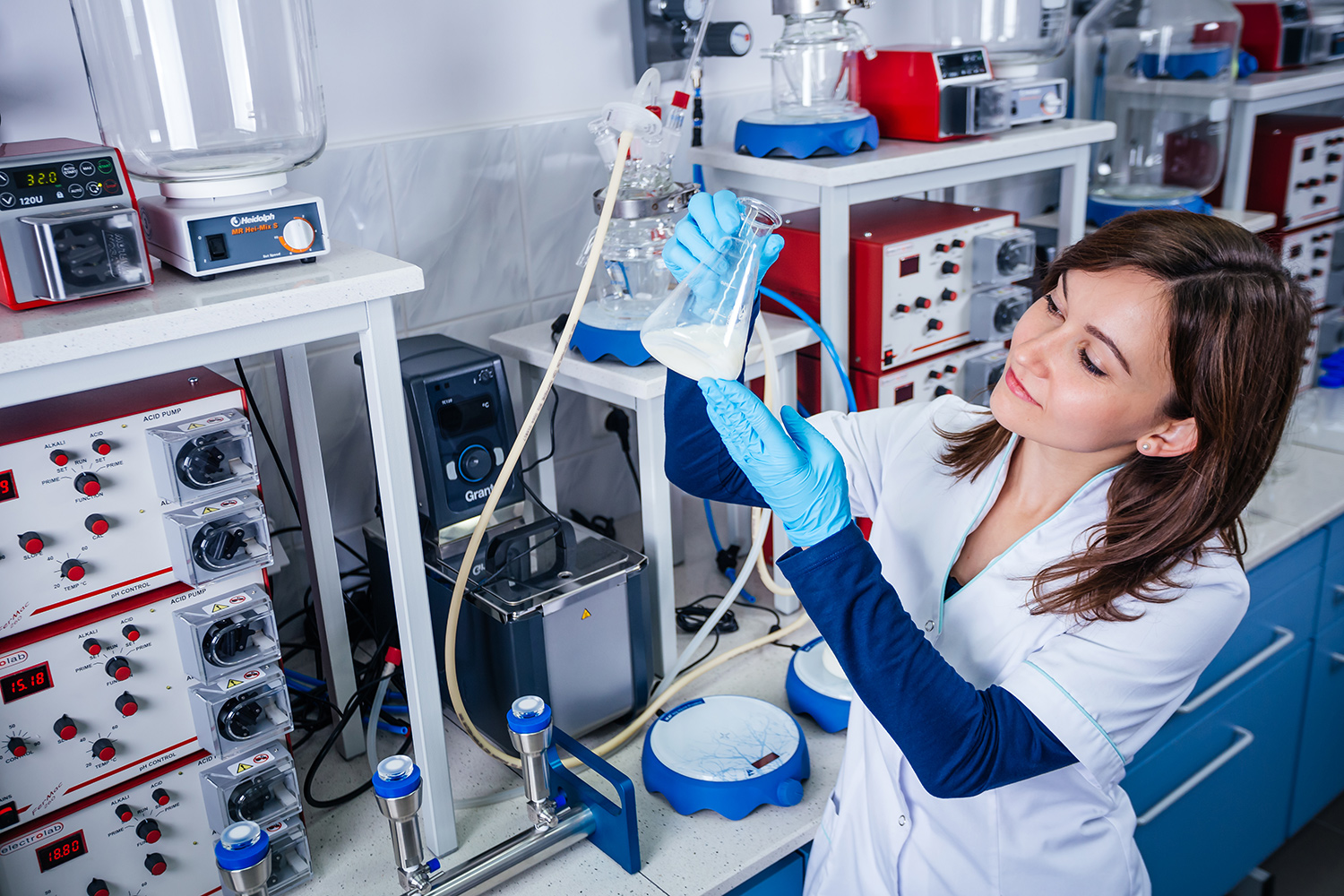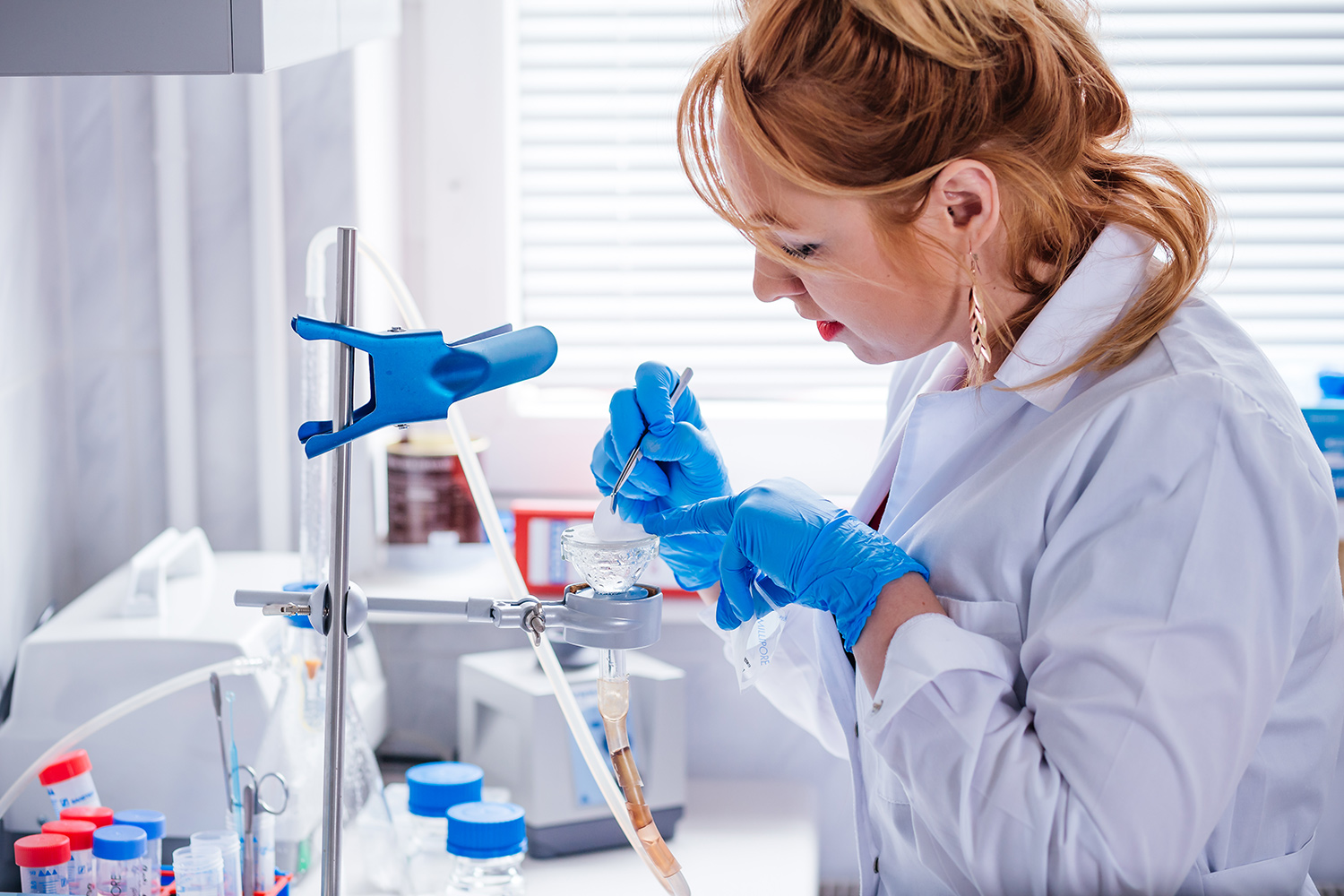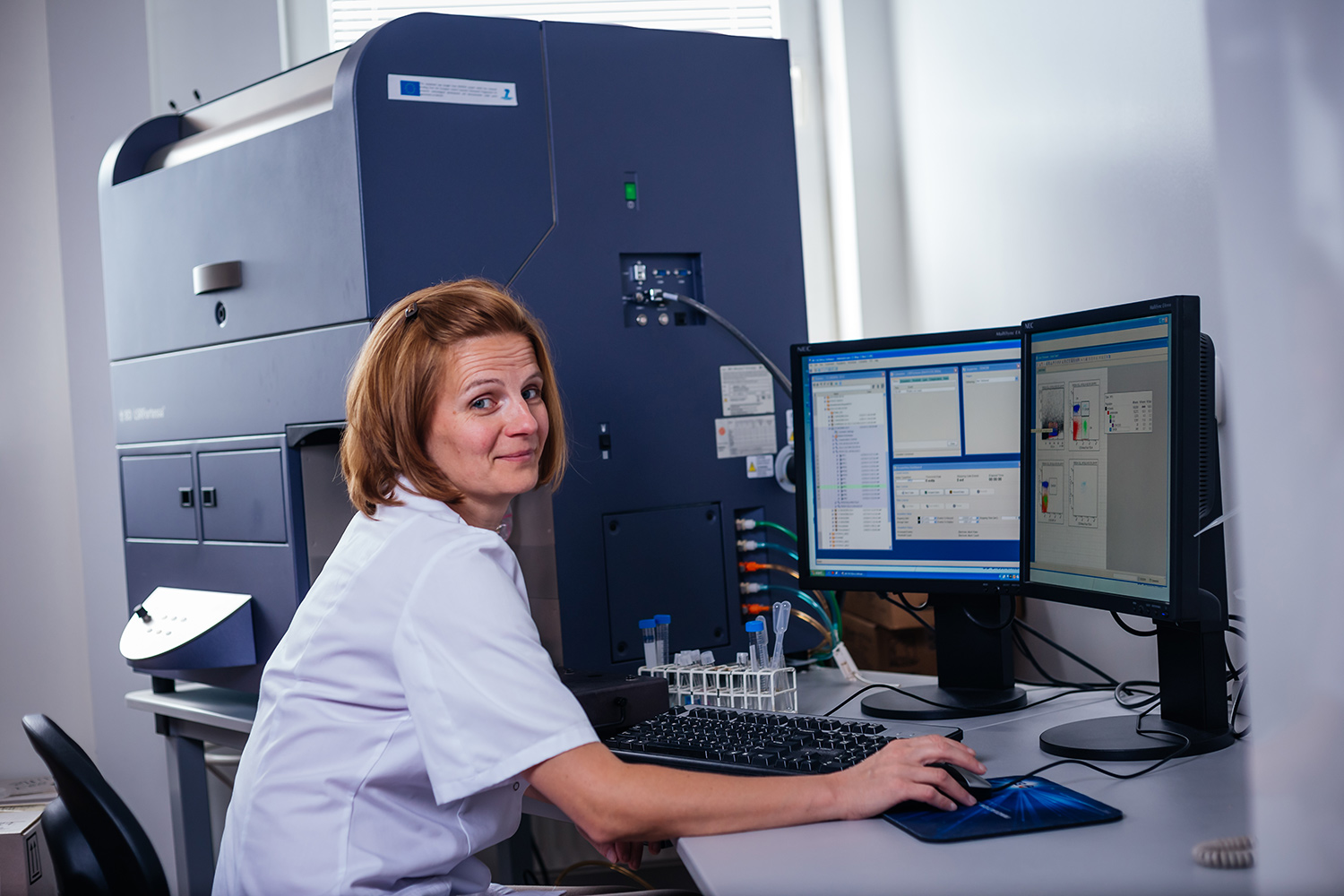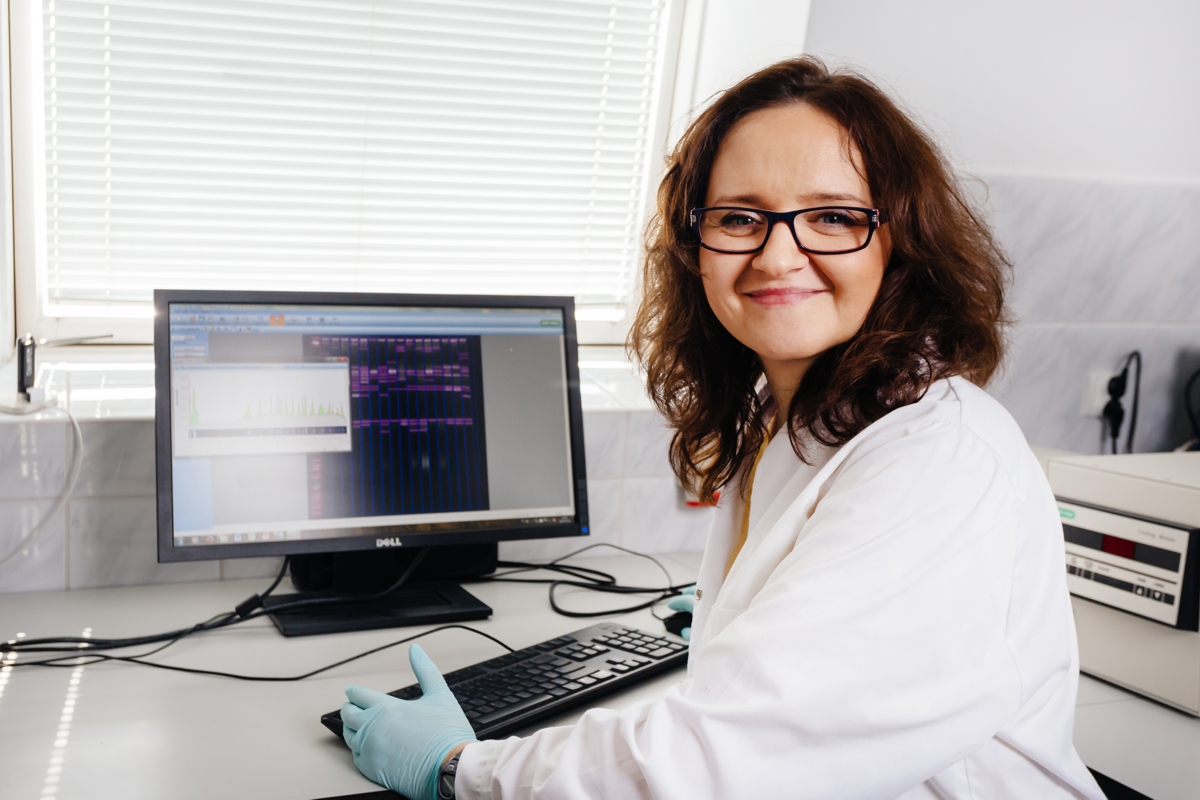We focus on investigating the effects of dietary components on the gut immune system and the composition and activity of the gut microbiota.
Our priority is to understand the mechanisms responsible for the induction of food tolerance or allergy and the maintenance of proper gut function, taking into account the gut-brain and gut-liver communication pathways.
Our research is interdisciplinary combining microbiology, immunology, molecular biology, and food technology. This multifaceted approach allows us to increase our knowledge of key immunological and microbiological mechanisms regulated by diet and its bioactive components.
By applying technological modifications (thermal, chemical, physical, and enzymatic) to raw materials and foods, we aim to identify processes that reduce their immunogenicity, which is a key objective of our research.
We use animal, tissue and cell models in in vivo, in vitro, and ex vivo systems. These are complemented by in silico analyses to predict the biological activity of compounds under investigation, their allergenic potential and their metabolism in the body. We also characterise bacterial strains used in the production of fermented foods and analyse their impact on the gut microbiome of humans and animals in both healthy and in diseased states.
Beyond the scientific perspective, we invest our efforts into collaboration with the business sector, supporting the development of innovative food products and working with food manufacturers. Examples include the development of foods with immunogenic properties, those that positively influence the gut microbiota and improve immune system function, as well as products that can be used in prevention and improve the overall well-being.
